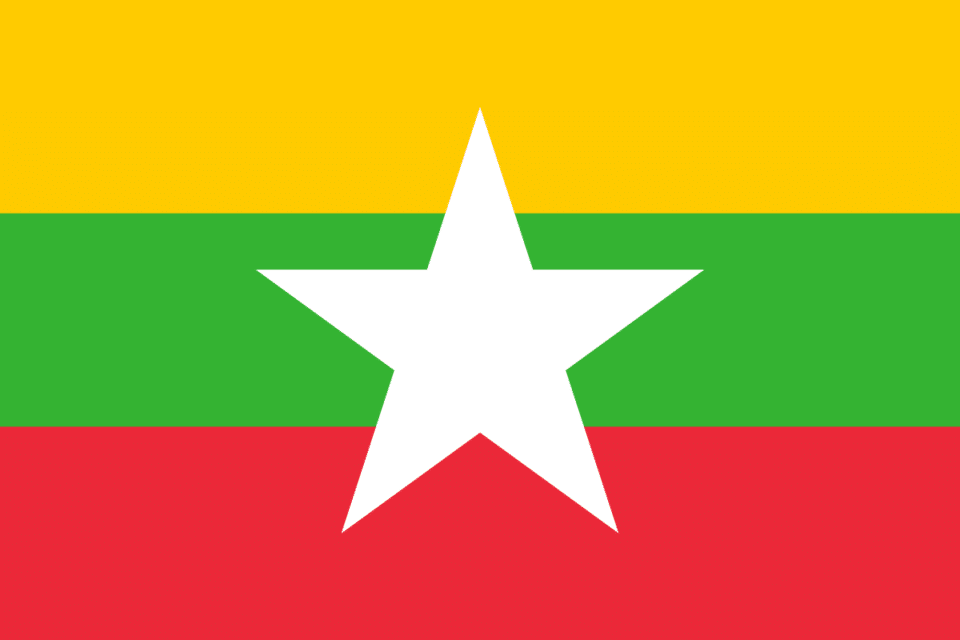Help our local partners realise their vision of hope for their communities

Burma’s leader, Aung San Suu Kyi, has defended her government against accusations of genocide at the International Court of Justice (ICJ) in The Hague.
Yesterday the Nobel Peace Prize laureate spoke in the UN ICJ stating that the case against Burma was “incomplete and incorrect”.
However, Burma did not dispute in the hearings that 392 villages in Rakhine state were destroyed in the process of the military clearance operations, nor did they comment on the widespread allegations of organised sexual violence and rape against the ethnic group.
Prof Philippe Sands QC told the court on the third day of the hearings: “Not a word [has been said by Aung San Suu Kyi] about the women and girls of Myanmar who have been subjected to these awful serial violations. Madame Agent [her status in court], your silence says far more than your words.”
Aung San Suu Kyi has been told that her silence over the allegations of sexual violence and rape carried out by the Burmese military as a weapon against Rohingya Muslims “says far more than your words”.
The initial charge was brought forward by the Gambia who belong to the Organisation of Islamic Cooperation. The west African nation alleges that the Burmese military have committed “extrajudicial killings…sexual violence, burning of homes and destruction of livestock…calculated to bring about a destruction of the Rohingya group in whole or in part.”
One of the lawyers representing Burma, Prof William Schabas defended the state saying that the figure of 10,000 Rohingya who had been killed was an “exaggeration”, and that even if it were true, 10,000 deaths out of more than one million total Rohingya in Rakhine state could not constitute an attempt to “completely destroy this [ethnic] group.” However, in an interview with Al Jazeera in 2013, Schabas said: “We are moving into a zone where the word [genocide] can be used in the case of the Rohingya.”